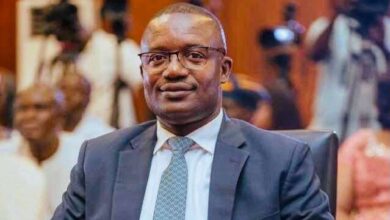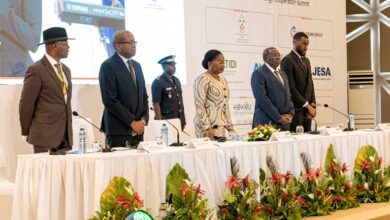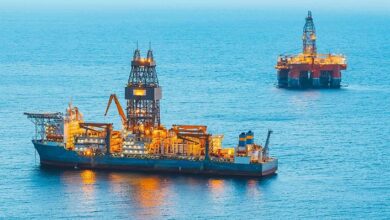AfDB Targets Women-Led Growth in Africa’s Clean Energy Transition

The African Development Bank (AfDB), in collaboration with the Climate Investment Funds (CIF), has unveiled a groundbreaking Gender and Renewable Energy Country Diagnostics initiative designed to put women at the heart of Africa’s green energy transition.
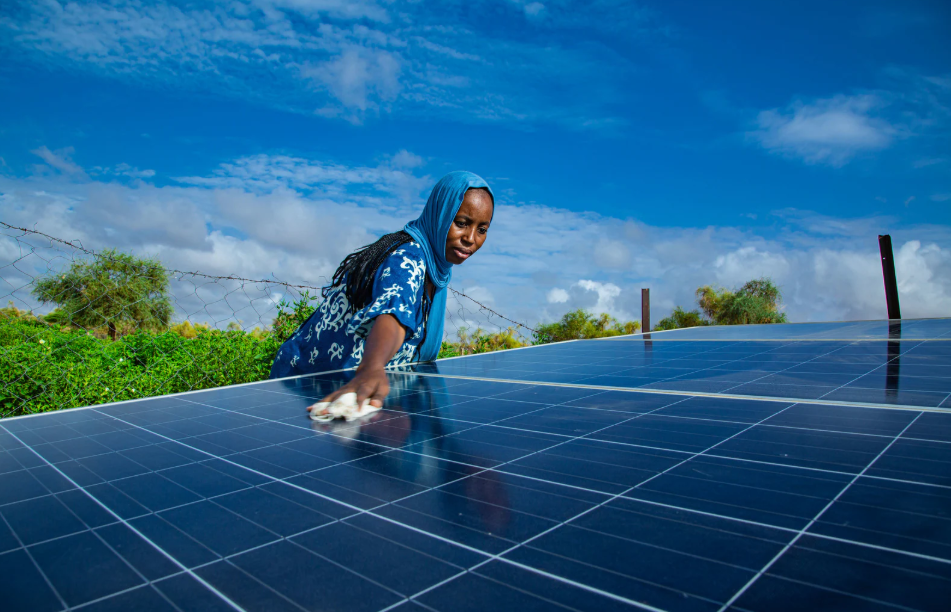
The program, which covers Ghana, Liberia, Mali, Lesotho, Madagascar, and Malawi, explores how gender equity and renewable energy access intersect and offers evidence-based recommendations for breaking down structural barriers that keep women out of leadership and enterprise in the energy sector.
At the launch event, Al Hamndou Dorsouma, AfDB’s Manager for Climate Change and Green Growth, emphasized that gender inclusion is a driver of innovation and sustainable growth. “Gender equality is a source of serious innovation and sustainable growth. These findings must lead to concrete reforms and inclusive financing models that enable women-led enterprises to thrive,” he said.
The diagnostics propose practical steps to make national energy planning and investments more inclusive. They recommend de-risking women-led renewable energy businesses, building technical capacity, and ensuring women have access to finance and leadership opportunities in the sector.
Nathalie Gahunga, Manager of AfDB’s Gender and Women Empowerment Division, urged governments, financiers, and the private sector to turn the data into action. “The real work begins now,” she said. “We must create the policies and investments that allow women to fully participate in Africa’s clean energy economy.”
For businesses, the diagnostics highlight untapped opportunities in women-focused financing and renewable energy entrepreneurship, providing a blueprint for inclusive growth that boosts both sustainability and economic resilience.
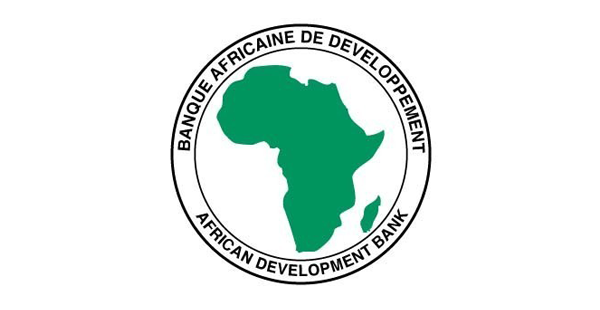
As Africa pushes toward universal clean energy access, the AfDB says these diagnostics will guide governments, investors, and communities in building energy systems that are equitable, inclusive, and capable of driving long-term prosperity.

